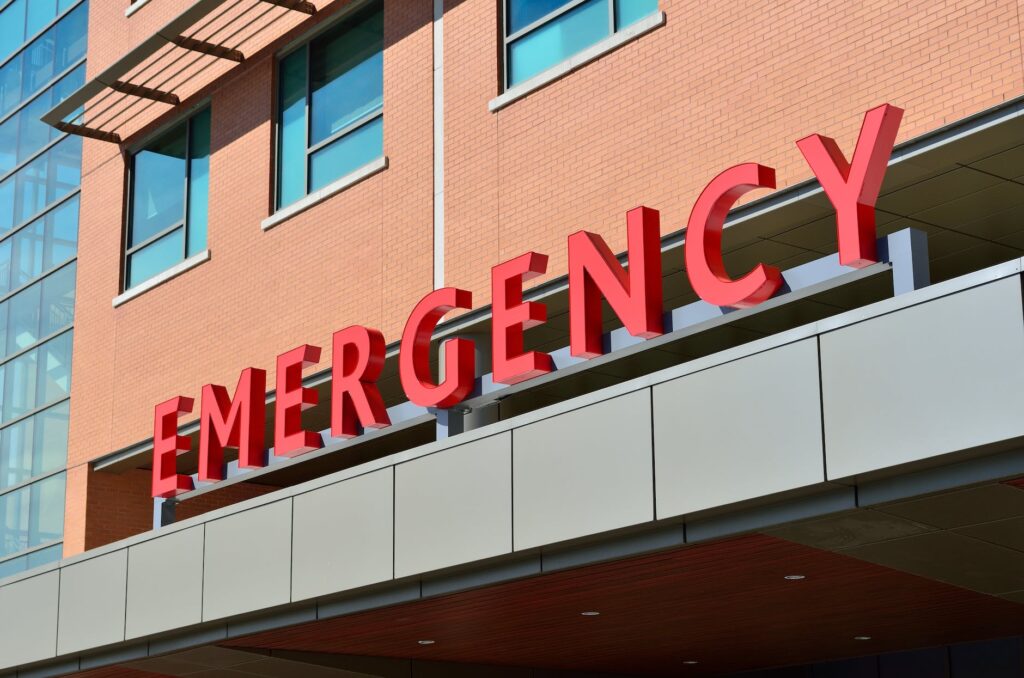
Introduction
Medical emergencies can occur unexpectedly and require prompt action to ensure the well-being of those affected. While it is always advisable to seek professional medical help in such situations, having a basic understanding of how to respond can make a significant difference in providing immediate care and potentially saving lives. In this blog, Dr. Michael Hilton will explore essential knowledge and guidelines for handling common medical emergencies, empowering individuals to respond effectively in critical situations.
I. Recognizing Signs and Symptoms
The first step in handling a medical emergency is recognizing the signs and symptoms that indicate a serious condition. Learn to identify common indicators such as chest pain, difficulty breathing, sudden weakness or numbness, severe bleeding, loss of consciousness, or signs of a stroke or heart attack. Understanding these warning signs can help you take appropriate action promptly.
II. Stay Calm and Call for Help
In any medical emergency, it is crucial to remain calm and composed. Assess the situation and determine if immediate medical assistance is required. Call the local emergency number or seek assistance from nearby medical professionals. Clearly communicate the nature of the emergency, the location, and any pertinent information to ensure the appropriate response from emergency services.
III. Provide Basic First Aid
While waiting for professional help to arrive, providing basic first aid can be vital in stabilizing the condition of the person in need. Learn essential first aid techniques such as cardiopulmonary resuscitation (CPR), the Heimlich maneuver for choking, controlling bleeding, and immobilizing injuries. Be familiar with the proper use of first aid kits and the administration of common medications like epinephrine for severe allergic reactions.
IV. Stay Updated with Basic Life Support Training
Consider undergoing basic life support (BLS) training to acquire comprehensive knowledge and skills for handling medical emergencies. BLS courses cover cardiopulmonary resuscitation (CPR), automated external defibrillator (AED) usage, and techniques for managing choking, among other essential skills. Regularly refreshing and practicing these skills can boost your confidence and effectiveness in emergency situations.
V. Be Prepared with an Emergency Plan
Preparing an emergency plan can greatly enhance your readiness to handle medical emergencies. Create a list of emergency contact numbers for local healthcare providers, hospitals, and emergency services. Keep a first aid kit readily accessible in your home, vehicle, or workplace. Additionally, ensure that your loved ones or coworkers are aware of the emergency plan and know how to respond in case of an emergency.
VI. Stay Informed and Seek Professional Help
Remember, while it is crucial to have a basic understanding of handling medical emergencies, professional medical assistance should always be sought as soon as possible. Stay informed about local emergency services, hospitals, and medical facilities in your area. Never hesitate to contact them for guidance or to seek immediate medical attention when faced with a medical emergency.
Conclusion
Being prepared to handle common medical emergencies is a responsibility we should all undertake. By recognizing signs and symptoms, staying calm, calling for help, providing basic first aid, undergoing basic life support training, and preparing an emergency plan, we can effectively respond to critical situations. Remember, while these guidelines can provide initial care, professional medical assistance is essential. Acquiring knowledge and skills in emergency medicine can empower individuals to make a positive impact and potentially save lives when faced with unexpected medical emergencies.